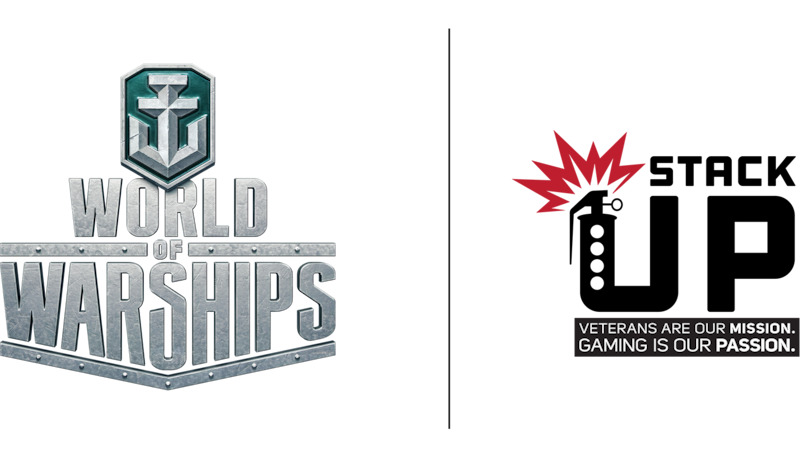Online gaming community event helps veterans and active-duty alike
When Jeff Stephens exited the U.S. Army in 2008, he struggled to make the transition to civilian life after having served through multiple deployments. Like many other veterans, Stephens felt disconnected from his squad mates, who were scattered throughout the world.
Stephens unexpectedly found support and solace through an unusual outlet – online games. There, he found other veterans who connected him with Stack Up, a nonprofit that helps service members get through deployments to combat zones and recover from traumatic injuries through the power of video games.
“It’s had a huge impact on my life,” Stephens said in the heartfelt video.
Today, Wargaming, the developer of World of Warships and other online games, is launching a campaign with Stack Up to reach even more veterans like Stephens. Called Operation Lifeboat, the campaign has two major missions: raise funds and raise awareness.
The first seeks to raise at least $100,000 from the sale of two limited-edition in-game bundles called Life Line and Life Ring, which includes special missions and exclusive items. The entire proceeds of each $12 Life Line bundle and $30 Life Ring bundle will go to Stack Up’s Overwatch Program, one of the programs by which Stack Up supports service members. The bundles will remain on sale for the next two months, and readers of Military Times will get progress updates throughout the campaign, with each article featuring a veteran gamer as part of a “Meet the Vets” series.
“A lot of our players are veterans, so this partnership is natural for us,” said Artur Plociennik, Regional Publishing Director for World of Warships. “We are honored to have the opportunity to support Stack Up’s mission of bringing comfort and friendship to veterans in need.”
A recent survey of the World of Warships community of players who are serving or have served in the military found that 74.4% play video games with other active or former service members.
Although $100,000 may not seem like a lot of money, for Stack Up, it can make a vital difference in the program’s operations.
“We’ve so far relied solely on volunteers,” explained Mathew Bergendahl, Manager of Stack Up’s Overwatch Program, who noted that evenings are particularly busy times for peer-to-peer specialists, with peak hours spanning 6 p.m. to midnight. The $100,000 “would help ensure that we have continuous overnight support for one year.”
Operation Lifeboat’s second, and equally important mission, is outreach and awareness. Later this spring, Wargaming will embed a link within World of Warships that will connect players directly to one of Stack Up’s 13 trained, certified counselors.
In a 2018 study published in Social Science and Medicine, many veterans reported that video games helped not only with managing moods and stress, but also with three areas related to other aspects of recovery: adaptive coping, feelings of competence, and opportunities for leadership and socializing. The study was conducted by researchers from the Behavioural Science Institute at Radboud University and Johns Hopkins Bloomberg School of Public Health.
“During deployments, games are heavily played as a way to decompress and stay in touch with family and friends,” said Bergendahl, himself a veteran. “When they leave active duty, they lose that sense of community and belonging. Gaming becomes an avenue for them to stay connected. And once they feel connected, they are far more comfortable sharing.”
That was true for Stephens.
“Since I got out of the military I’ve struggled dealing with just the normal day-to-day things,” he said. “There’s certain times when depression and life takes over and punches you in the gut a little bit and I didn’t know where else to turn. I didn’t really feel comfortable calling the crisis hotline.”
He did, however, feel comfortable with the veterans he played with online. “These guys talk to me all the time regardless of whether I was in a good mood or a bad mood,” Stephens said.
They encouraged him to join Stack Up’s Discord chat group.
“It was an immediate response,” he said. “And I was able to sit there, talk to someone over the phone … for over an hour just about life and ways to get help. It’s had a huge impact on my life over the past couple of years.”
His advice to other veterans struggling to adjust?
“Don’t allow yourself to be overcome. It’s okay to speak up,” Stephens said. “You know you’re not alone in this. Someone is out there to help you.”




